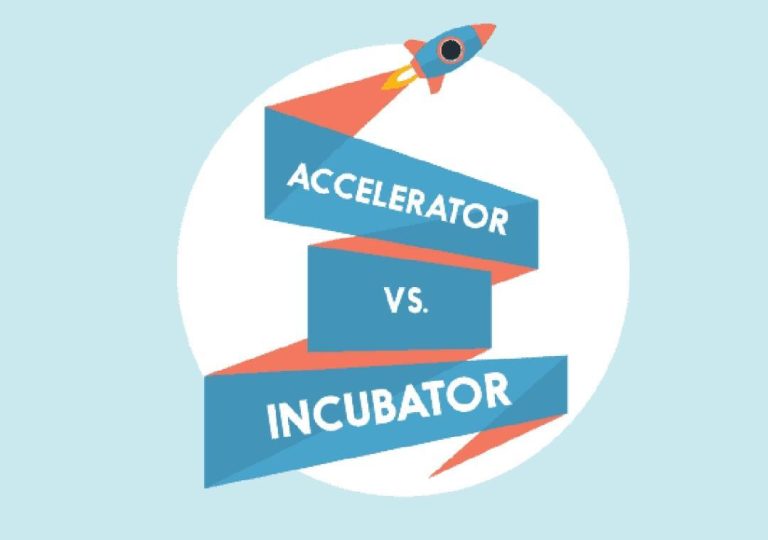
AI, Creators & Tier-2 Cities Power India’s Startup Growth
India’s startup ecosystem has been making rapid strides in recent years, with a plethora of innovative ventures emerging across various sectors. A latest report by Meta-A&M provides valuable insights into the strategies and trends that are driving this growth. The report reveals that AI adoption, omnichannel models, expansion into Tier-2 and Tier-3 cities, and creator-driven branding are the key factors powering India’s startup success.
AI Adoption: The Game-Changer
Artificial Intelligence (AI) has become an integral part of modern businesses, and India’s startups are no exception. According to the Meta-A&M report, a staggering 70% of Indian startups are using AI in some form or the other. This is not surprising, given the immense potential of AI to streamline processes, enhance customer experiences, and drive business growth.
One of the primary areas where AI is being used is in customer service. Many startups are leveraging AI-powered chatbots to provide 24/7 support to their customers, helping to improve response times, reduce costs, and enhance overall customer satisfaction. Additionally, AI is being used to analyze customer behavior, preferences, and feedback, enabling startups to tailor their products and services more effectively.
Omnichannel Models: The Future of Customer Engagement
Another key trend that is shaping the Indian startup landscape is the adoption of omnichannel models. Omnichannel models involve providing a seamless and consistent customer experience across multiple touchpoints, including social media, mobile apps, websites, and online marketplaces. The report reveals that 67% of Indian startups are adopting omnichannel models to engage with their customers.
This approach is essential in today’s digital age, where customers expect a unified and personalized experience across all channels. Omnichannel models enable startups to provide real-time support, offer personalized recommendations, and offer a more engaging and interactive experience to their customers.
Tier-2 and Tier-3 City Expansion: The Next Frontier
While many startups have traditionally focused on metropolitan cities like Bengaluru, Delhi, and Mumbai, the Meta-A&M report reveals that 95% of Indian startups are targeting smaller cities like Tier-2 and Tier-3 cities. This is a significant shift, as these cities offer immense opportunities for growth, with a large and growing population of young, tech-savvy consumers.
Tier-2 and Tier-3 cities are often underserved markets, with limited options for consumers. Startups that can successfully penetrate these markets can establish a strong foothold and build a loyal customer base. Additionally, expansion into smaller cities can help startups reduce costs, improve operational efficiency, and increase their competitiveness.
Creator Economy: The Rise of Influencer Marketing
The report also highlights the growing importance of the creator economy in India’s startup landscape. The creator economy refers to the rise of influencers, content creators, and thought leaders who have built large followings on social media platforms. According to the report, 88% of Indian startups are partnering with influencers early in their growth journey.
Influencer marketing is a powerful way for startups to build brand awareness, drive engagement, and generate leads. By partnering with influencers who have a large following in their target market, startups can tap into their audience and promote their products or services to a wider audience.
Conclusion
The Indian startup scene is undergoing a significant transformation, driven by the adoption of AI, omnichannel models, expansion into Tier-2 and Tier-3 cities, and the rise of the creator economy. These trends are reshaping how startups scale, connect with users, and build future-ready brands across India.
As the Indian startup ecosystem continues to evolve, it will be essential for startups to stay ahead of the curve and adopt these trends to stay competitive. With the right strategies and partnerships, Indian startups can continue to drive growth, innovation, and job creation, and emerge as major players on the global stage.






